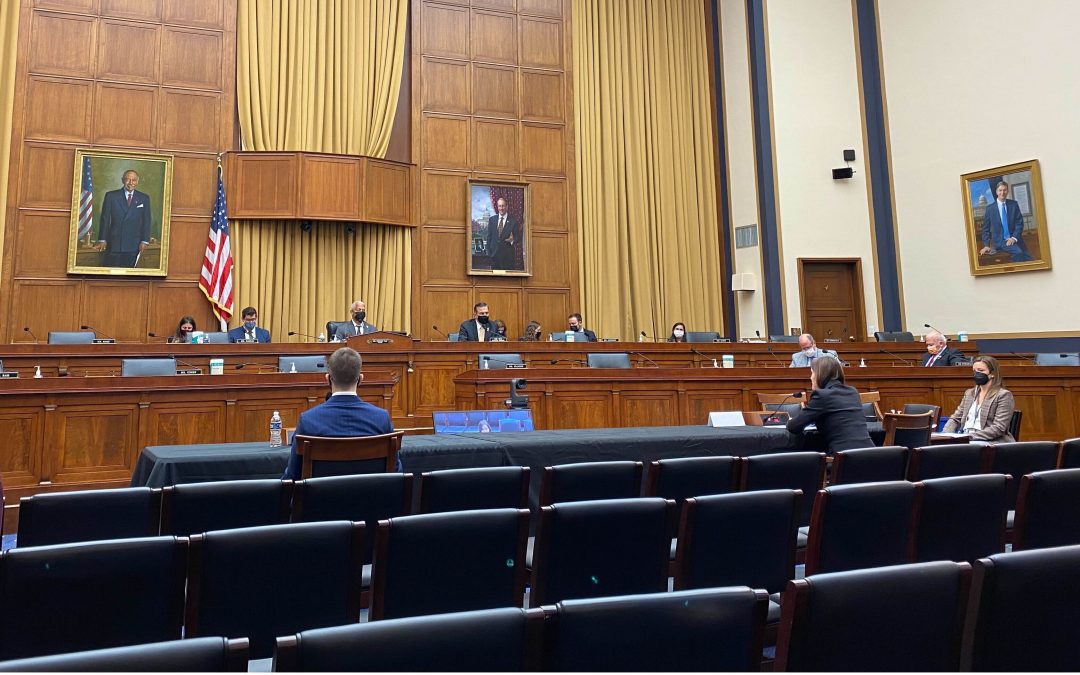WASHINGTON — Republican and Democratic lawmakers found a rare moment of agreement on Tuesday when discussing the need to expand ethics rules for the federal judiciary.
The subcommittee met to discuss what Chairman Hank Johnson, D-Ga., called the “disturbing facts” of a recent Wall Street Journal investigation that found 131 federal judges had failed to recuse themselves from 685 cases in which they or their families had a financial interest.
The judges’ violation of U.S. law and judicial ethics revealed a “massive failure” of both individual judges and “the entire system,” said Rep. Jerry Nadler, D-N.Y., who chairs the full committee.
Lawmakers on both sides of the aisle called on Congress to fortify ethics rules such that all three branches of government would be bound by “substantially the same rules,” said ranking member Rep. Darrell Issa, R-Calif.
“Congress has an obligation to act when the Judiciary’s self-regulating efforts fall short,” said Nadler, in order to “maintain public confidence in the courts.”
The solution, according to several legal experts who testified, is expanding ethics rules to require judges to file and publicize transaction reports — and to enforce consequences for failures to disclose financial interests.
Issa dismissed concerns that “the independence of the Judiciary would be tarnished or in some way limited by Congress mandating” such disclosure rules. “Nothing could be further from the truth.”
The status quo contradicts “the right of the American people” to know the judiciary branch is evenhanded, said Issa, and the judiciary disregards that right “at the peril of its legitimacy.”
University of Houston law professor Renee Jefferson explained the twofold goal of disclosure rules and judicial recusal: to prevent actual bias, but also to prevent the appearance of bias that might shake public confidence in the courts.
“The Judiciary is the least transparent and least accountable branch of government,” said Dylan Hedtler-Gaudette, government affairs manager at the nonpartisan watchdog group, Project on Government Oversight. Inaction on this issue would pose “an existential risk to the overall legitimacy of the judicial branch,” Hedtler-Gaudette said.
This issue, Johnson said, impacts legitimacy and fairness at the top, too. Justices’ decisions whether to recuse themselves are often inconsistent and unpublished — with no consequences for failure to recuse or means to appeal the decisions.
With few systems in place to hold judges and justices accountable, the burden falls on journalists and some independent watchdog groups to investigate issues of transparency like those found in the Wall Street Journal report.
“We shouldn’t have to rely on journalists for the enforcement of judicial ethics,” Jefferson said.

